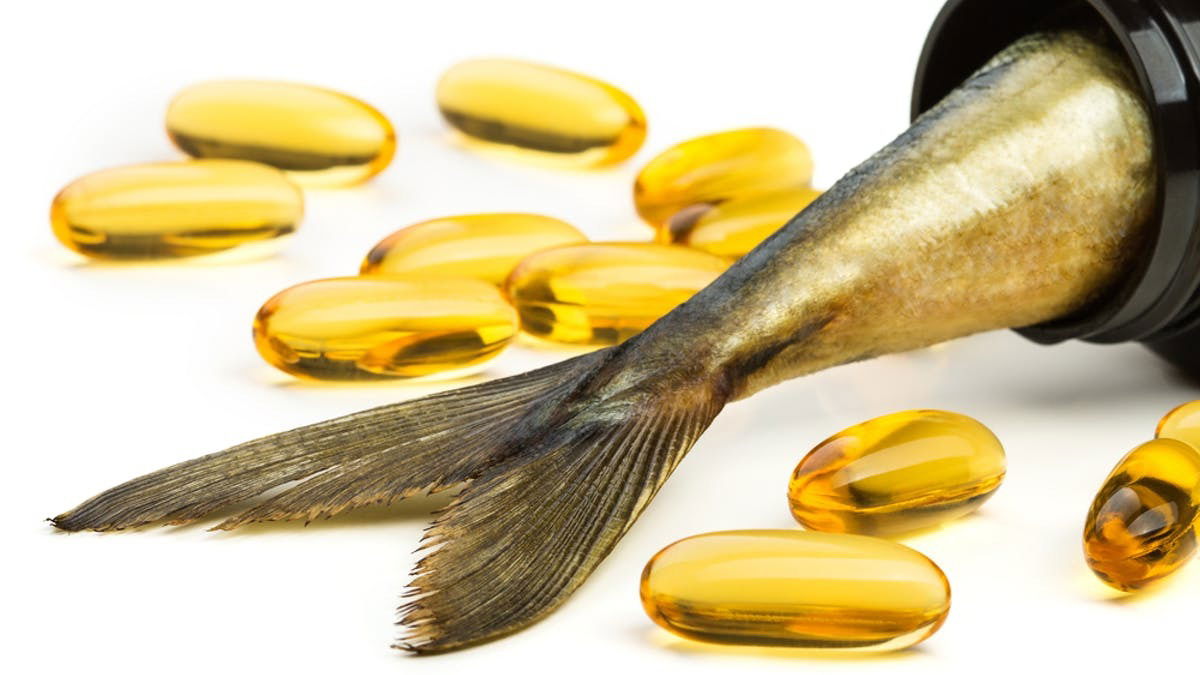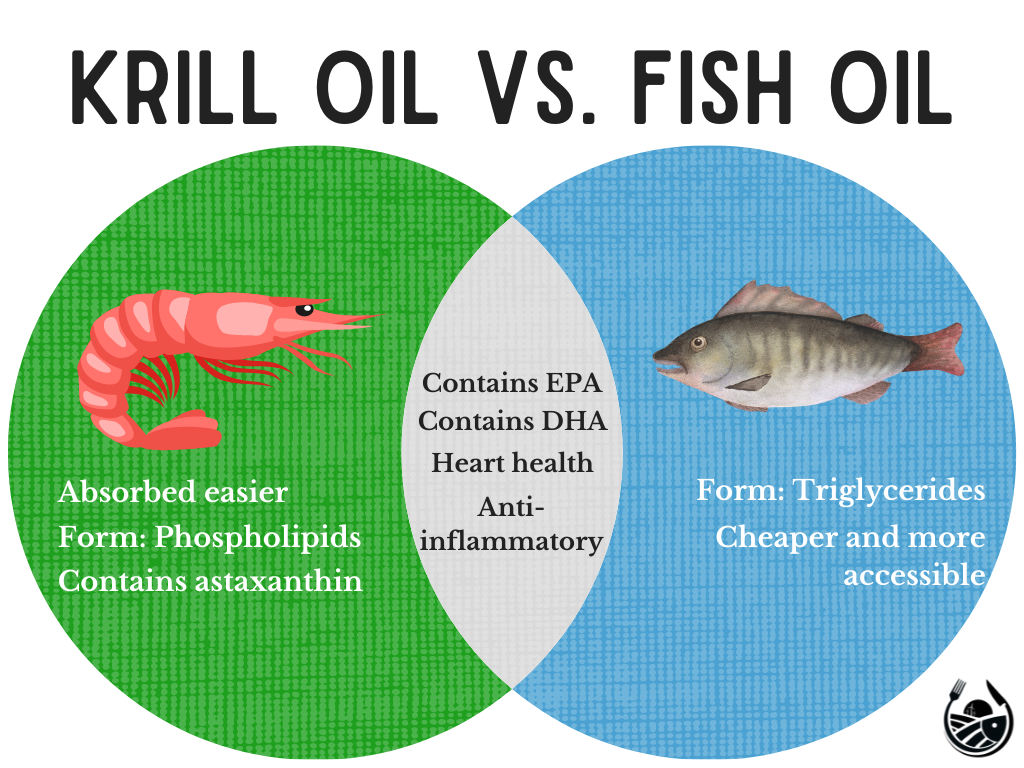All About Fish Oil

Written by Corinne Noufi
Fish oil is an essential and necessary substance both humans and fish need in their diets to remain healthy and strong. Fish oil is one of the most important sources for naturally occurring eicosapentaenoic acid (EPA) and docosahexaenoic acid (DHA) - omega-3 fatty acids that provide a long list of cardiovascular, mental, and other health benefits. This almost “buzzword” of a term has been thrown around a lot in both the fishing, aquaculture, and health fields, and understanding the benefits, drawbacks, and how it’s used in aquaculture is a lot to take in. Here we’ve separated it out for you and answered these (4) main questions you might have regarding fish oil
- Why is fish oil used in aquaculture?
- Are there alternatives to fish oil that consumers of farmed fish can also benefit from?
- Does farmed fish provide fish oil benefits to consumers?
- What are the health benefits from consuming fish oil?
Why is fish oil used in aquaculture?
Omega-3 fatty acids actually come from the bottom of the food chain, originating in marine phytoplankton and are not naturally produced by fish. Phytoplankton are consumed by organisms low on the food chain, then those organisms are consumed, and as we move up the food chain the levels of DHA and EPA become more concentrated, resulting in high levels of omega-3s in the fish we buy at the grocery store. Just as wild fish don’t naturally produce EPA and DHA, neither do farmed fish. Including fish oils or other alternatives in the diets of farmed fish is the only way for omega-3s to enter into the delicious trout fillet you buy at the market. Carnivorous fish are dependent on omega-3s in the wild and in a grow out operations for optimal health and growth.
Are there alternatives to fish oil that consumers or farmed fish can also benefit from?
In the age of constant scientific research and creative ideas being explored, it’s no surprise alternative methods to acquire the necessary amounts of EPA and DHA have been discovered. In fact, krill oil just may be the new fish oil. Krill oil contains EPA and DHA just as fish oil, but is actually absorbed more easily by our bodies because it comes in the form of phospholipids, something our bodies process easier than the triglyceride form found in fish oil. It also contains astaxanthin, the same antioxidant that gives salmon it’s pinkish red flesh color. This antioxidant provides and additional bonus given it’s anti-inflammatory and cardiovascular benefits. When it comes to aquaculture and feed formulation, an incredible amount of research and innovation has resulted in alternatives to fish oil, while still providing fish with necessary nutrients. Algae oil and marine microbes are just a couple examples of this – check out our Feed For Thought article to learn more. The future of fish feed is as NGO and great resource to read about creative substitutions to sustainable fish feed.

Does farmed fish provide fish oil benefits to consumers?
Farmed fish and wild fish are interchangeable when examining the amounts of omega-3s stemming from fish oil (insert link). Not everyone has access to wild fish, and globally, 70% of the human population is lacking adequate amounts of both EPA and DHA. With farmed fish being a more accessible alternative to wild fish, Professor Dr. Hamilton at the Norwegian University of Science and Technology emphasizes the importance of optimizing EPA and DHA consumption by humans, and sustainably using fish oil in aquaculture. A new alternative way for farmed fish to maximize omega-3s with less fish oil is to provide the fish feed at essential life stages. For example, feeding the fish a formula high in fish oil only right before it’s harvested is a strategic way to produce high levels of EPA and DHA with minimal fish oil. Additionally, the “scraps” or “by-products” of farmed fish that have been processed for the supermarket can be added back into the feed as a sustainable source of fish oil, decreasing reliance on wild fish stocks.
We break down the many health benefits from seafood consumption more in depth in our health article here but briefly, the omega-3s in fish oil (EPA and DHA) have a plethora of health benefits such as
What are the health benefits from consuming fish oil?
- Heart health
- Eye health
- Reduced inflammation
- Skin health
- Mental health
- Pregnancy support
- Reduced liver fat
- Asthma and allergy relief
- Bone health
Bottom line is….
Fish oil is essential for providing necessary nutrients not naturally produced by farmed fish, wild fish, or even humans. With continued research for innovative alternatives and more exploration of using fish scraps as a fish oil source, us as consumers can feel good about the omega-3s we’re deriving from seafood. And hey, if fish oil isn’t your thing – opt for the krill instead!